Modern Visual Effects In Film - Is There Too Much Reliance On Computer Generated Imagery (CGI)?
7 comments
Following on from yesterday's post in which I explored early visual effects in photography and filmmaking, for this post I want to make a start at evaluating the use of modern visual effects in film.
The film industry of today of course looks very different when it comes to visual effects. It now takes advantage of very sophisticated techniques and state of the art technology to create visually impressive films. The digital era has heralded a massive transition to computer generated imagery, or CGI, and the graphics capabilities are now beyond what many could have once possibly imagined.
Technology Evolution
As technology continues to evolve so too will special effects and computers will become ever more integrated into the film industry. There can be no doubt that without these powerful digital tools there are some films which simply could not be made.
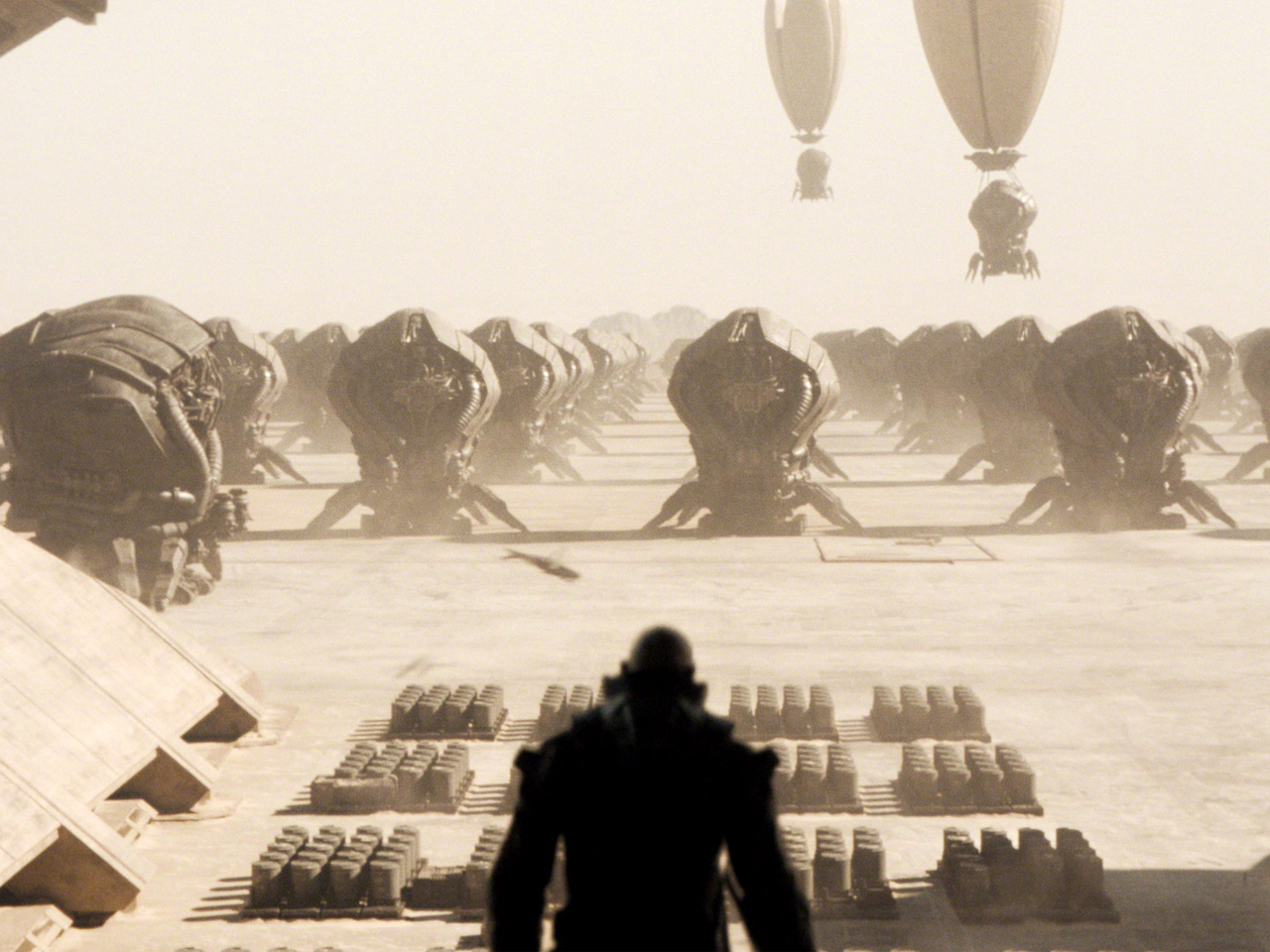
(A remake of the film Dune was released in 2021 and won an Oscar for its special effects.)
Digital effects can function in a number of varying ways to enhance the overall film experience and don’t just improve visual settings or characters. For example they can increase the length of scenes which call for temporal or spatial engineering such as speed ramping in the hugely successful film 300 (2006).
Digital Effects - The Conflict Within
However, away from the huge successes that digital visual effects have achieved for the film industry there are some, perhaps an increasing minority, that argue cinema has become too reliant on the use of visual effects at the cost of other elements which make up a good film. Some people believe that using visual effects are damaging the quality of films, they argue that these effects are too ineffective and remove the believability of the film, or that effects are used inappropriately and therefore do not achieve the desired result.
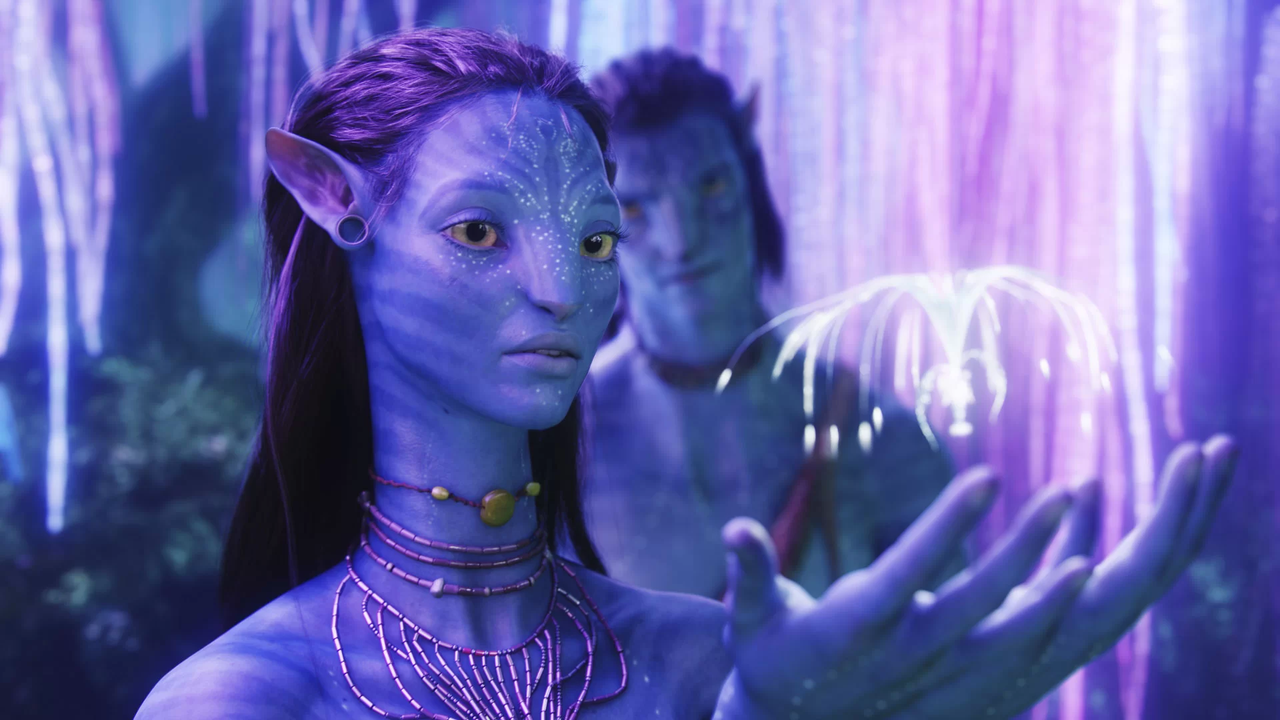
(James Cameron's Avatar films take advantage of both special and practical effects.)
Many viewers are also concerned about the actors performances, after all authenticity is crucial to the success of a film particularly when it comes to characters. It is therefore understandable why many question these performances when the actor/actress is simply standing in front of a green screen holding an imagined prop and talking to an unseen zombie or other digitally created character.
Others worry about the quality of films that have devoted much of its content to CGI processes. So have filmmakers really become too dependent on digital effects and CGI? Or is it the case that these effects have enabled and empowered producers and directors with a platform to produce concepts and make films to be presented to an audience which otherwise could not happen? And who do we call to account for this development? Filmmaker, viewer or computer?
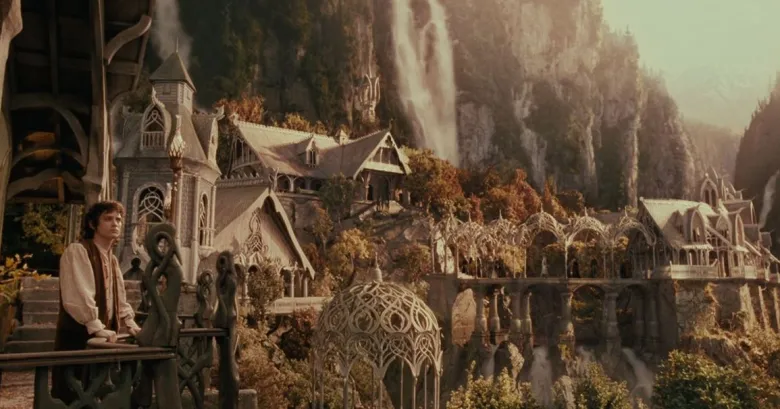
(Special effects broke new ground with the Lord of the Rings films.)
CGI - An Art In Its Own Right?
Piers Bizony, a visual effects artist, emphasizes the fact that one of the greatest misconceptions in filmmaking is that visual effects are created by a computer, he insists this is not the case. Computers provide astonishing new possibilities but it is human beings who produce the creative subjects which ultimately end up on the screen. And do you know what? He argues a fair point actually. Yes, CGI is now used in a lot of films, particularly Hollywood blockbusters, and its use can sometimes be lazy and unnecessary. But a lot of the time the employment of computer generated visual effects are a much needed and very welcome augmentation to the viewing experience. Furthermore, when they are used it is often the end of product of a hard work and labour by gifted digital effects artists.
Peace!

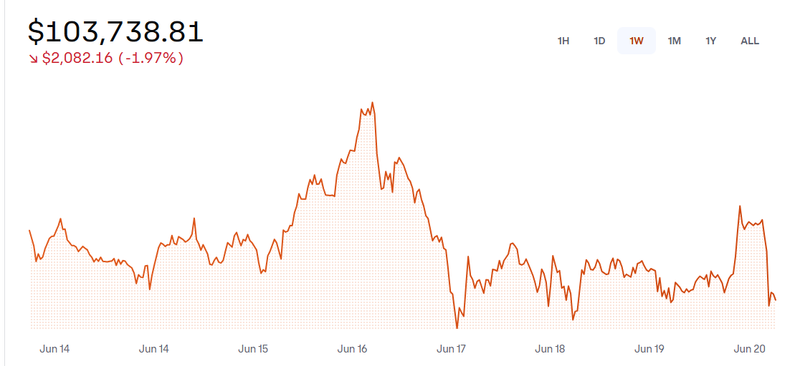
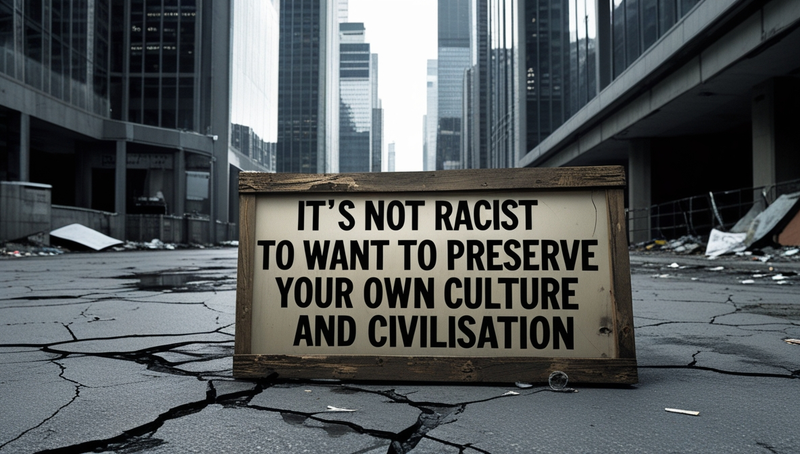
Comments